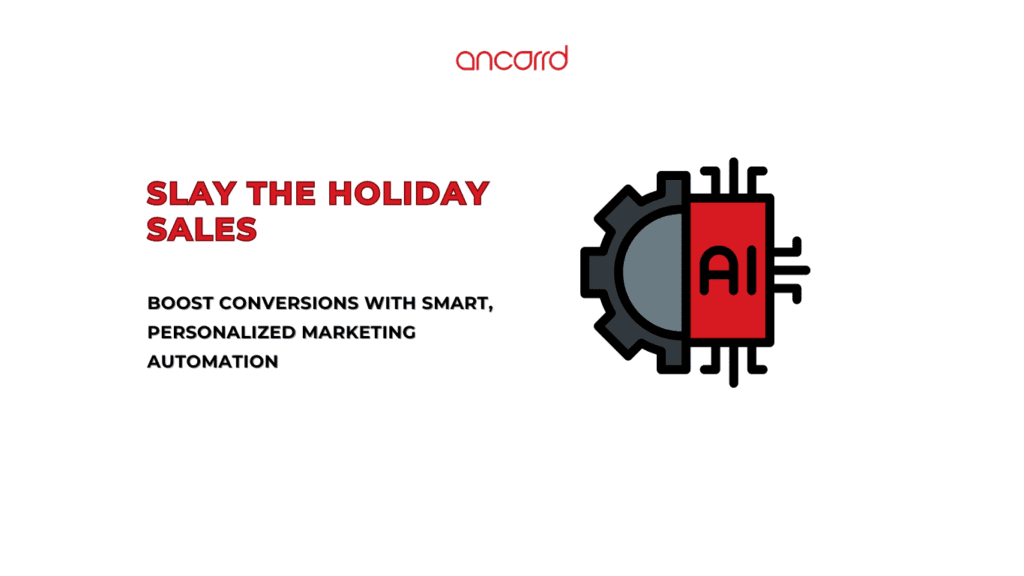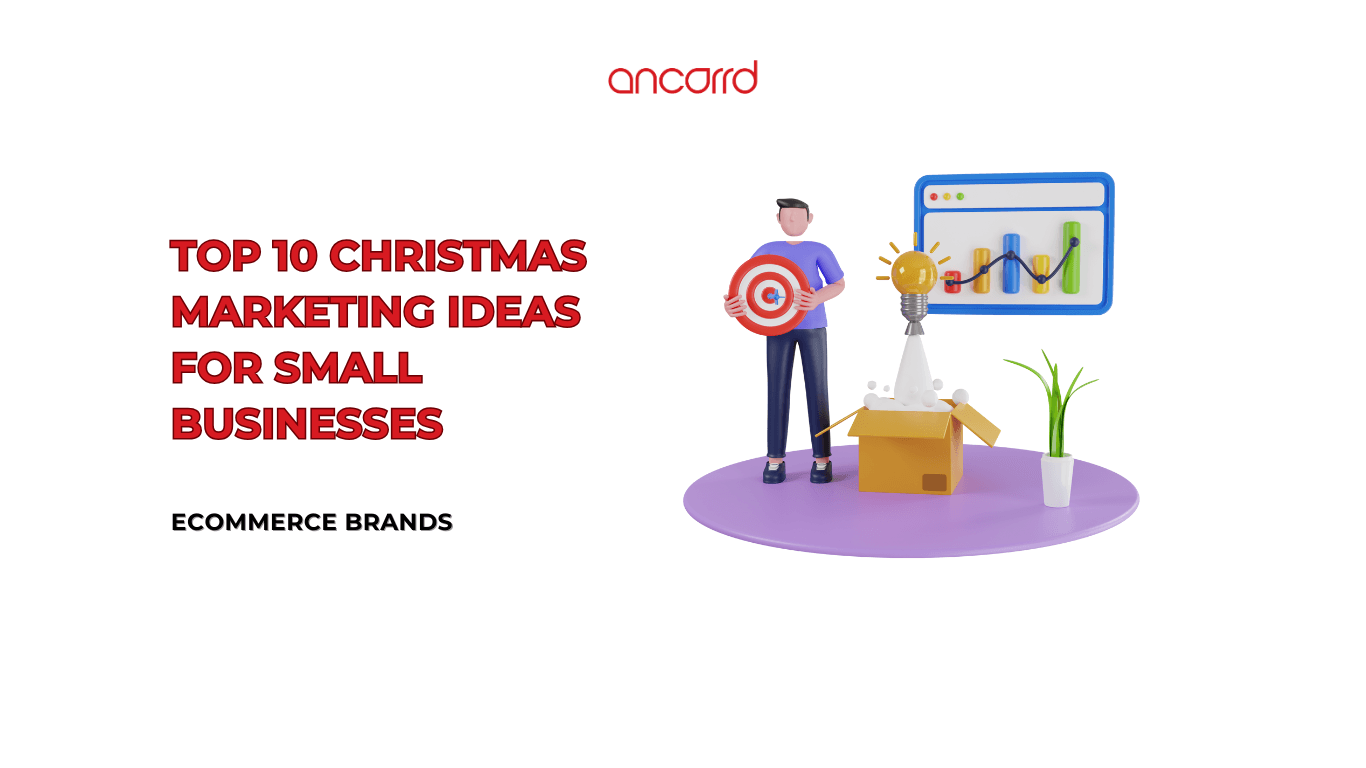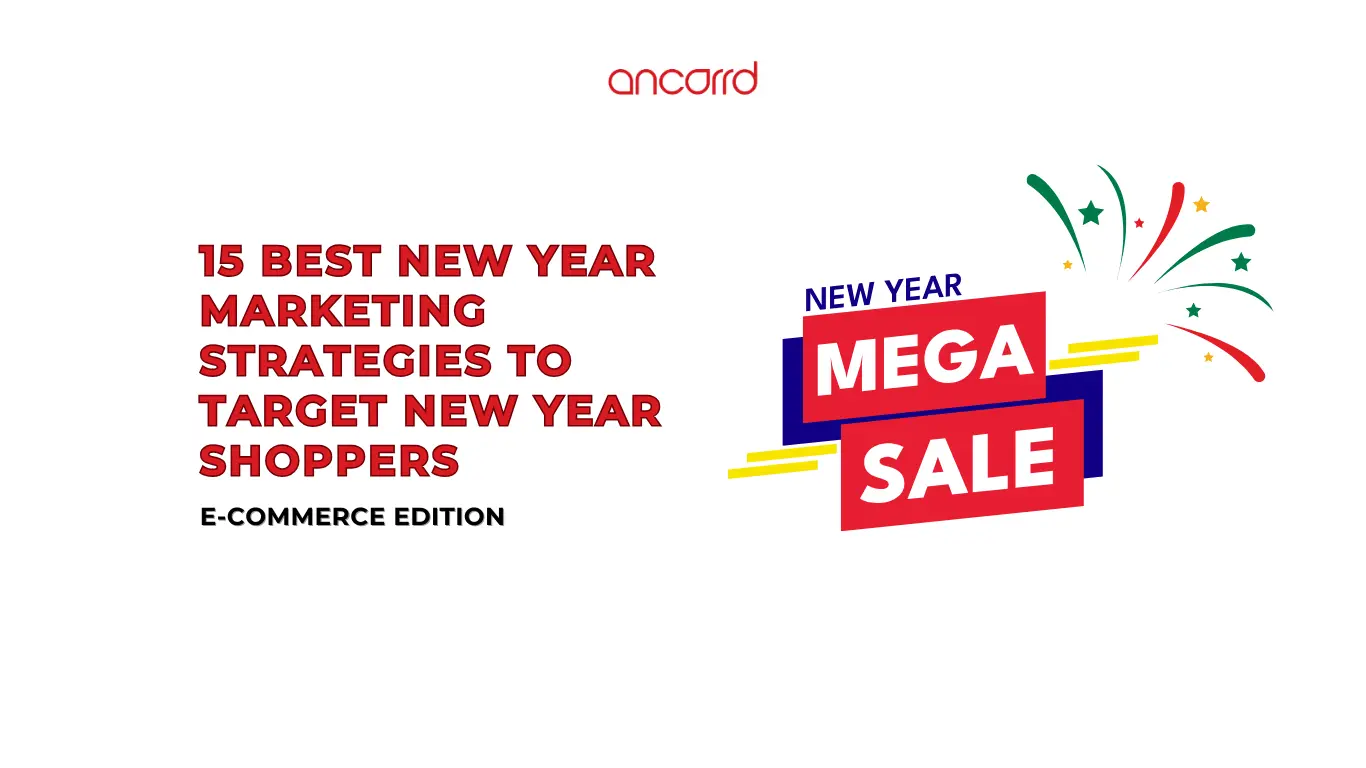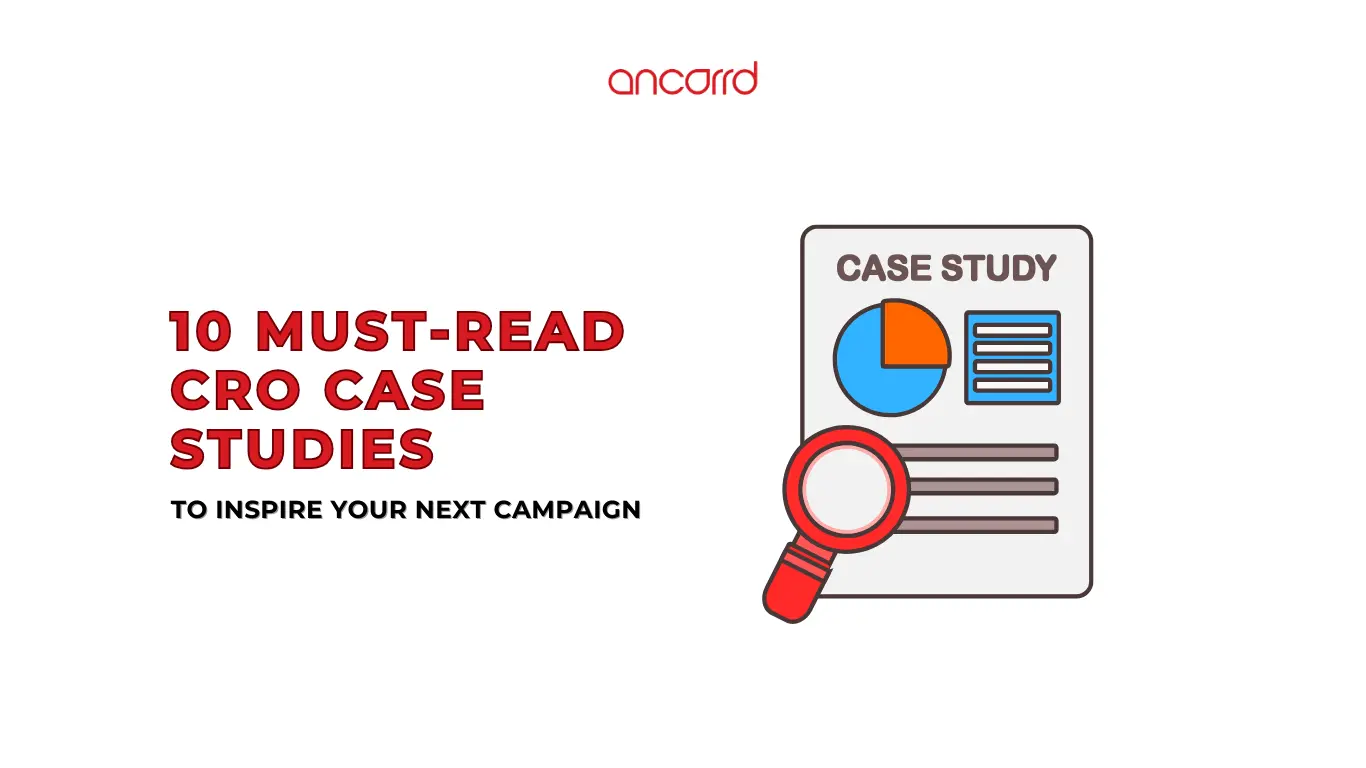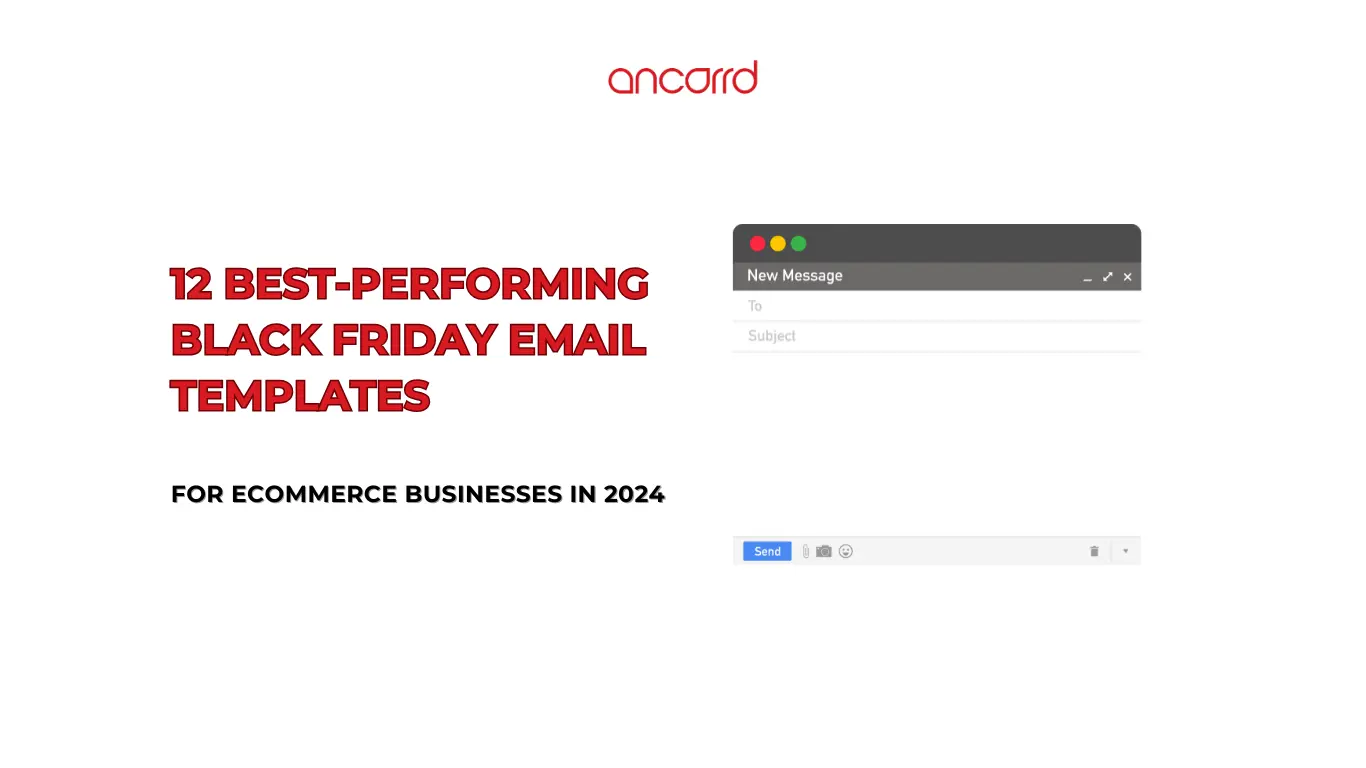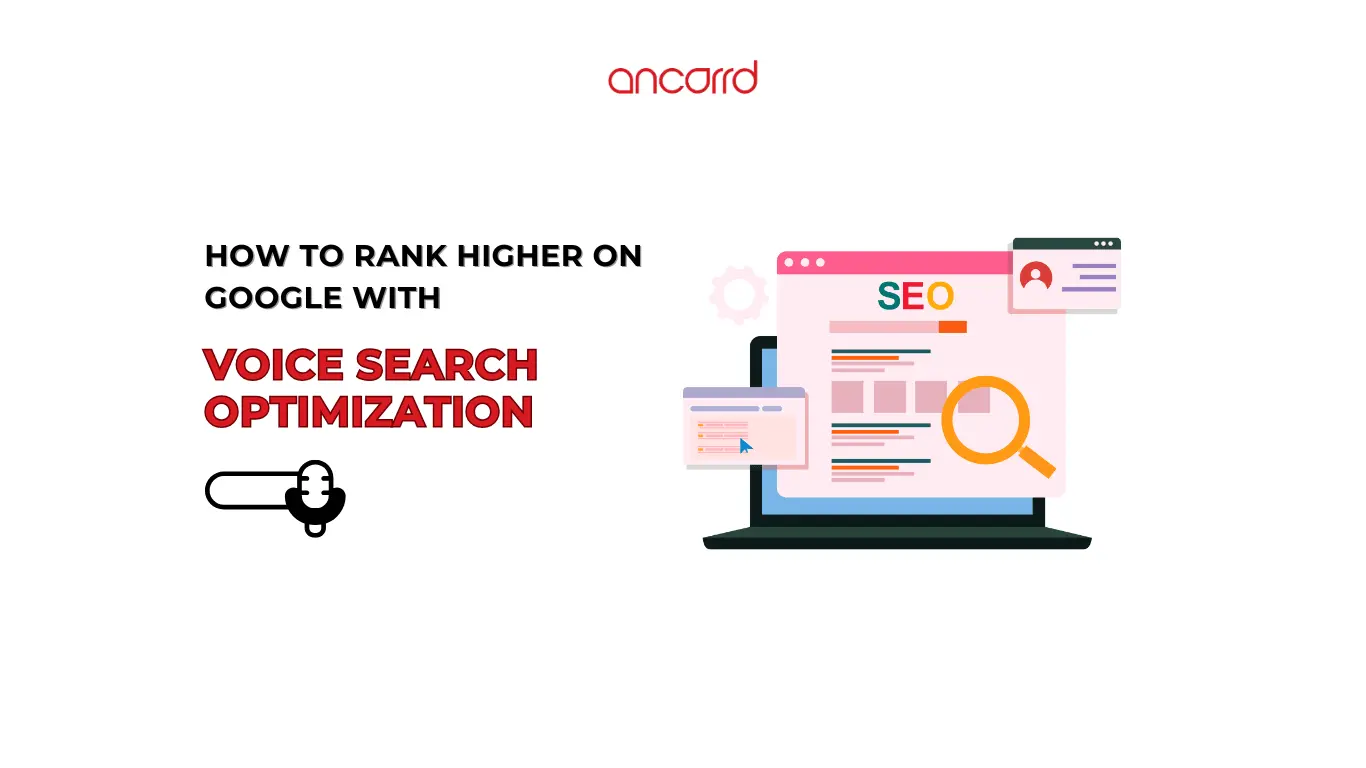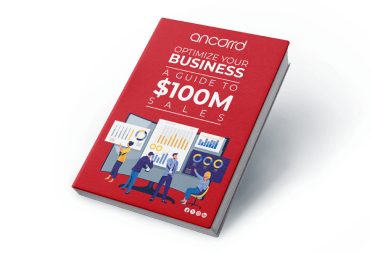The holiday season is crucial for e-commerce businesses and retailers. According to surveys, retailers that integrate AI in their marketing efforts see a 30% increase in holiday sales.
During the holiday season, brands try their best to gain customer attention by offering discounts, promotions, and sales. Every consumer’s inbox is flooded with emails, making it challenging to decide on the best brand for themselves.
Other than the intense competition, customers are becoming increasingly aware of the new emerging brands. At this time, you need something new and innovative to boost your holiday season sales. Here comes the magical power of personalization with AI technology. But how can you implement AI in your e-commerce business?
With marketing automation. Yes.
With automation, eCommerce businesses can create dynamic and personalized campaigns to stand out during the holiday rush. Using customer data such as browsing habits, purchase history, and behavioral triggers enables brands to send the right message at the right time, resulting in holiday sales.
This blog will explain how automation and AI can help your e-commerce business. Implement AI to boost your business like never before.
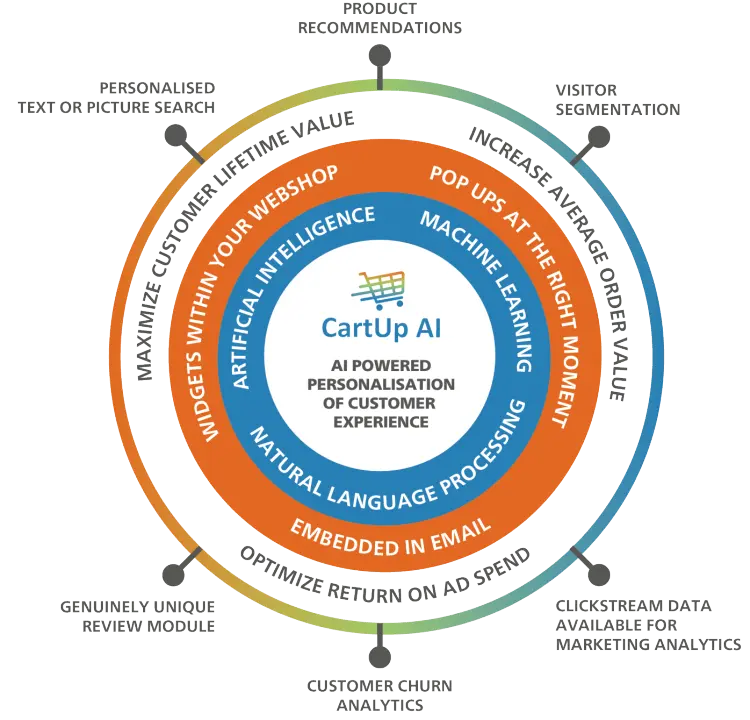
Customer behavior during the holiday shopping season
Holiday shopping behavior has evolved much since the COVID-19 outbreak. People have shifted to online shopping as they get their favorite products at home. Modern-day holiday shoppers are starting their holiday shopping season earlier than ever before. Before purchasing, they research online, make price comparisons, and read reviews.
In the past, businesses sent printed advertisements to people’s homes. Billboards and posters in high-traffic areas also worked well for them. But nowadays, more than 56% of global consumers prefer to shop on their mobile devices. Therefore, businesses have to post their advertisements online to grab customer attention.
If used properly, AI is an excellent tool for e-commerce businesses. It can segment your target market and help personalize the customer experience. Consumers want offers that suit their tastes and preferences. Brands can effectively use AI to create relevant marketing campaigns because it can use data-driven insights—such as browsing history and previous purchases—to hook customers more effectively.
What is marketing automation?
Marketing automation simply refers to using software and technology to automate repetitive marketing tasks and processes.
This may include emailing, managing social media accounts, segmenting audiences, tracking customer interactions, and targeting ads.
The general idea behind marketing automation is to streamline marketing efforts, make them more efficient, and help maximize the overall effectiveness of marketing campaigns. Thus, automation will save a business time and resources.
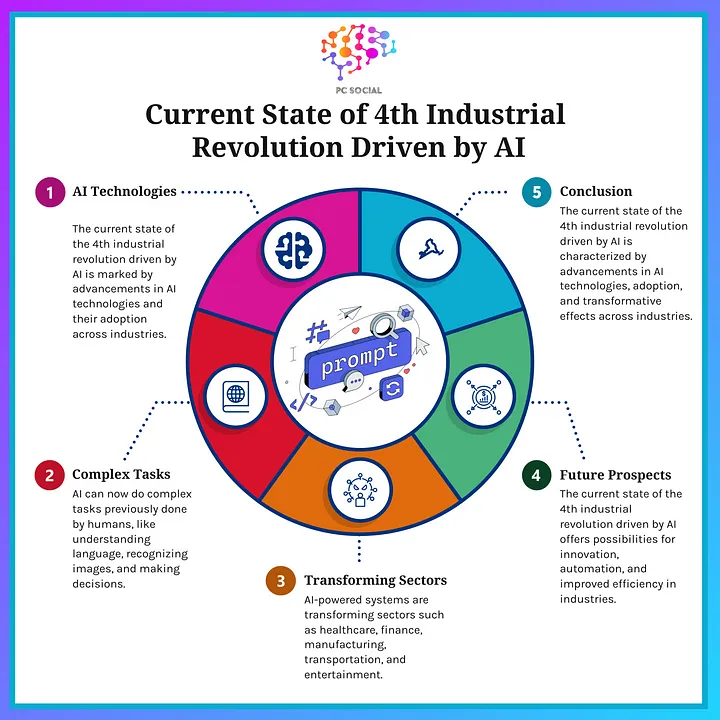
How does marketing automation help in personalization?
Automation and personalization have a solid connection. You are lagging if you are not using automation for personalization. Automation tools gather and analyze data from all possible sources, like browsing history, patterns of purchases, and interactions in previous marketing campaigns. That helps understand every customer’s preferences and behavior.
Depending on this, automation tools may initiate specific actions, as seen above.
- Targeted Ads: Target ads also help you gain customers’ attention. If people search for a particular product on their browser, your ad will help them make the right decision.
- Special Offers: Special offers make a big difference on holidays. You can send customers relevant offers using automated technology while considering their respective shopping behaviors and preferences.
- Feedback and Review Requests: AI can automatically send personalized requests for customer feedback or reviews after a purchase. This will imprint a mark in customers’ minds, resulting in customer loyalty.
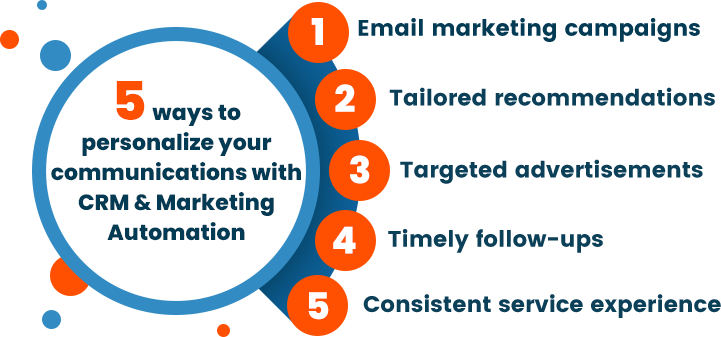
Strategies for boosting holiday sales with marketing automation
Below are the strategies for e-commerce marketing automation that you can use. Follow these steps to boost your sales.
1- Automated email campaigns for holiday promotions
Automated email campaigns are powerful tools for e-commerce businesses to enhance holiday sales. You can segment your customers based on criteria such as first-time visitors, high-spenders, and frequent visitors. You can send an early access email to frequent shoppers and a welcome email to first-time shoppers. This will help you gain customer attention.
Triggered email campaigns also work well. If a customer adds something to their cart and leaves the website without ordering it, you can send a special email to them with holiday offers or discounts to trigger their response. This will make them think the second time to purchase the product. Businesses can also use triggered emails to remind customers about upcoming sales. These emails contain a timer that constantly reminds the customer about the sale.
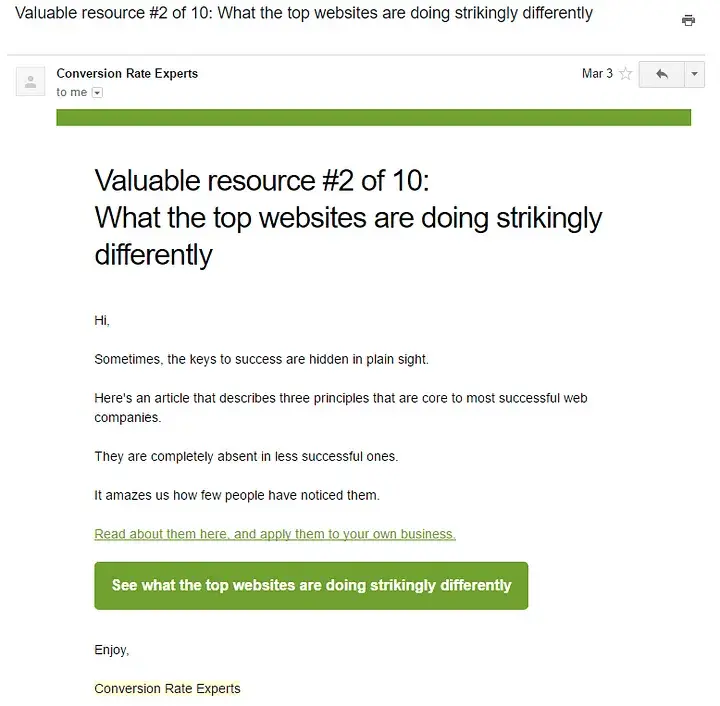
2- Personalize customer experience with targeted product recommendations
Automation can help businesses send particular product recommendations to their customers, making it easier for customers to find their favorite products. For instance, if a customer purchases a jacket from your store, you can email them with scarves, jeans, or jewelry that fit well, thus increasing the buying rate.
During the holiday season, such as Christmas, you can also send emails offering the best gifts for your loved ones and lovely gifts for him/her. This will create a sense of emotional attachment between the brand and customers.
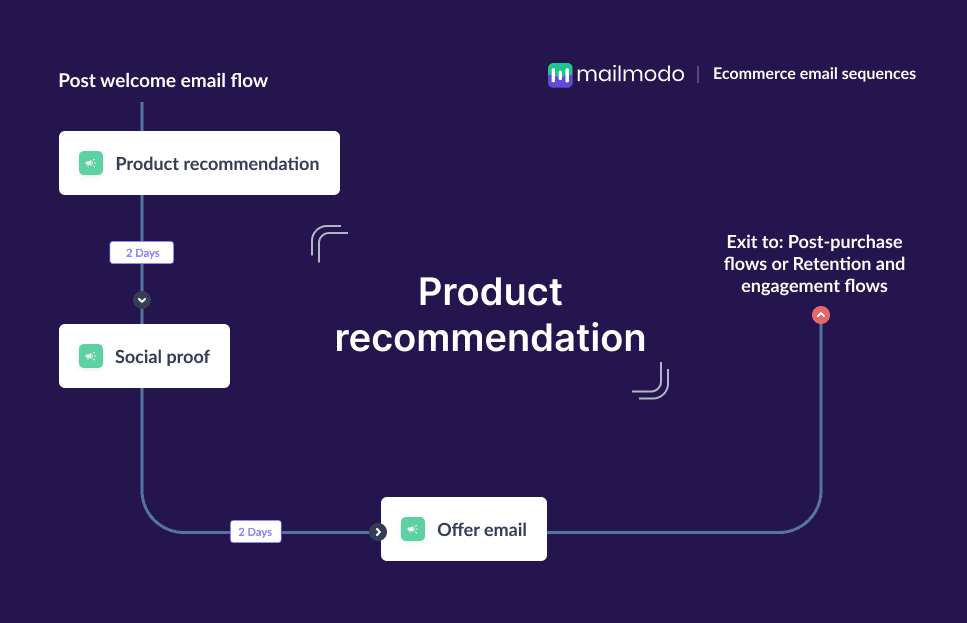
3- Automated social media and Ad retargeting
E-commerce marketing automation helps interact with the customers who have visited your website with the help of social media ads and retargeting. When a customer browses products but does not buy them, this would remind them of such products through retargeting.
For example, suppose a customer has viewed a particular winter jacket on your website. In that case, you can advertise the social media feed with a holiday offer to that particular customer on that specific jacket. This encourages customers to come back and close the sale.
Another significant advantage of automation is that personalized offers and messages are the same across all channels. For instance, a customer may receive an e-mail or an advertisement on his social media account or get a text message. So the message will be the same. This uniformity builds a personalized customer experience that makes them feel valued and understood.
For instance, if a customer views an email about a holiday season sale on their browsing product, they will likely find the same message on their social media afterward. Such repeated exposure on different channels enables customers to make proper decisions.
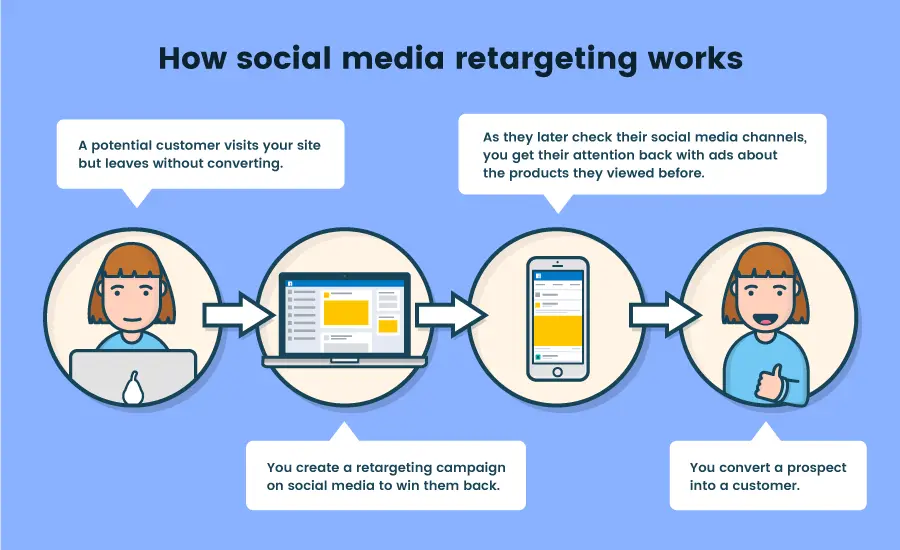
4- Loyalty rewards integration for the holiday season
Including loyalty rewards in holiday season marketing automation is a very effective way to attract customers and make them buy more. You can remind people about the loyalty points and exclusive discounts they have.
Post-purchase engagements would help attract customers, resulting in repeated purchases. This would promote shopping in general and ensure a successful holiday shopping season, leading to higher conversion rates and, ultimately, customer satisfaction.
As continuous promotions and offers are running in your customers’ heads, reminding them about their reward points or exclusive discounts will make a huge difference. Marketing automation plays a vital role here, effectively managing communication to ensure that your most loyal customers are treated with respect and encouraged to shop more.
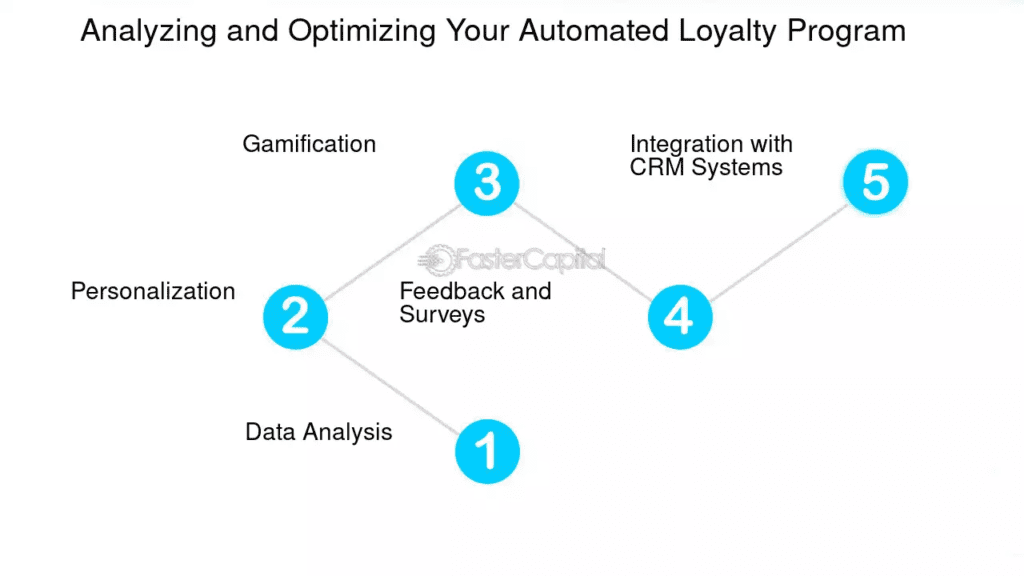
5- Social proof automation
Social proof is a convincing E-commerce marketing automation strategy. People tend to believe and do what others believe and do. Positive reviews and testimonials from other buyers always help customers make purchasing decisions. This is especially true today, considering all the choices in this competitive market. With automation, social proof will help any business collect and display the feedback found in reviews and testimonials, which can easily be used to increase sales.
Businesses can use automation tools to collect reviews and comments from social media and websites. This helps display positive comments on your website to draw more traffic. Businesses can also incorporate reviews in social media ads to build more trust among visitors.
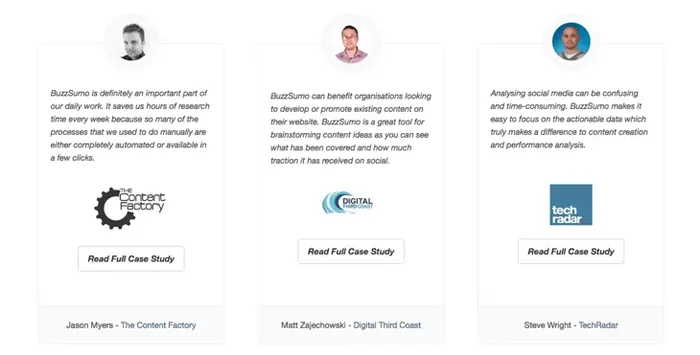
Best practices for implementing marketing automation during the holiday shopping season
Here are some strategies that will make your automation marketing more effective. Follow the steps below to boost your holiday sales.
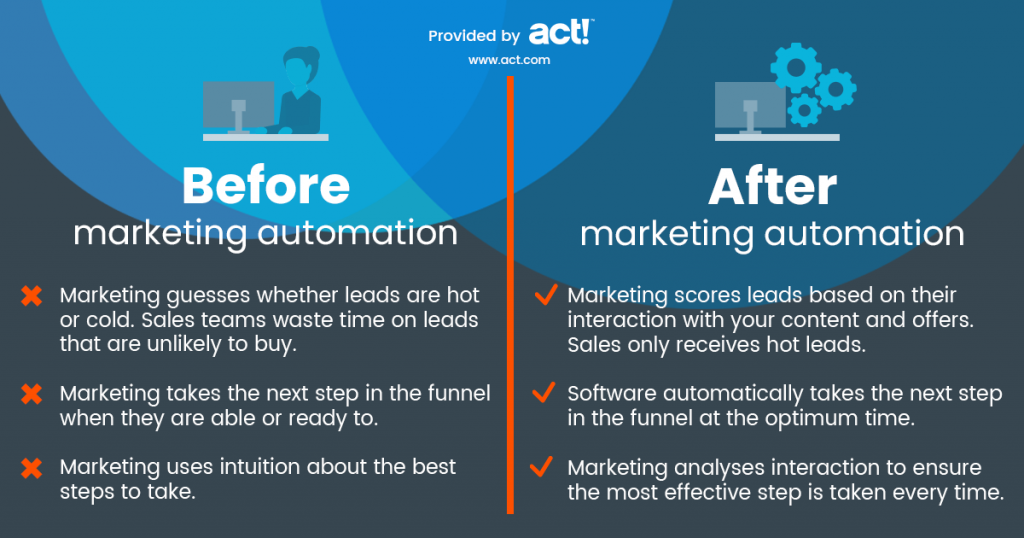
1- Start your automation early
It’s time to speed up your marketing automation process. Thus, start at least a few weeks before the actual event. Ready your segments before the holiday rush. This might allow you to tailor messaging more effectively and reach customers with the most relevant offers that resonate with their needs.
2- Monitor and adjust in real-time
Over the holiday season, it is important to keep an eye on how customers interact with your automated campaigns. Look closely at how people open your emails, click on your ads, and engage with your content. Are they opening your emails? Are they clicking your ads?
Understanding all of these behaviors in real-time enables you to understand customer behavior and adjust your messaging and offers in real-time. For instance, when you notice increased interest in a particular product, you can immediately generate more promotions or advertisements for that item.
3- Ensure personalization feels authentic
While automation will be very useful in managing marketing activities during the holiday season, there is a need to achieve a balance. Too much automation can annoy your customers. To avoid such damage, focusing on a personalized experience that makes the customers feel valued will be wise. Make sure that your messages are matching the customer’s needs.
Sephors’s eCommerce marketing automation
Sephora is one of the largest beauty retailers in the U.S., and it has made great use of marketing automation to engage customers, especially around the holidays. It begins by segmenting its customers into different segments based on specific behaviors, like what they have ordered from them previously and what they have browsed.
For instance, if a customer once bought skin care products from Sephora, the company can then send targeted emails with special offers on holiday skincare sets that seem specially made for that customer. Automation helps Sephora send tailored emails to each customer with minimal effort.
They have instead created automated systems that can trigger emails based on specific customer actions. When a customer views a product without making a purchase, Sephora prompts a reminder email with a discount. Once a purchase is made, Sephora automatically sends follow-up emails urging customers to leave reviews for the products they purchased. This is a good strategy since reviews from other customers are positive and create influence amongst other potential buyers.
A personalized message makes them feel valued, and reminders and follow-ups ensure constant communication. Sephora’s overall strategy of marketing automation through targeted emails makes the shopping experience feel unique and tailored, raising customer loyalty and driving holiday sales.
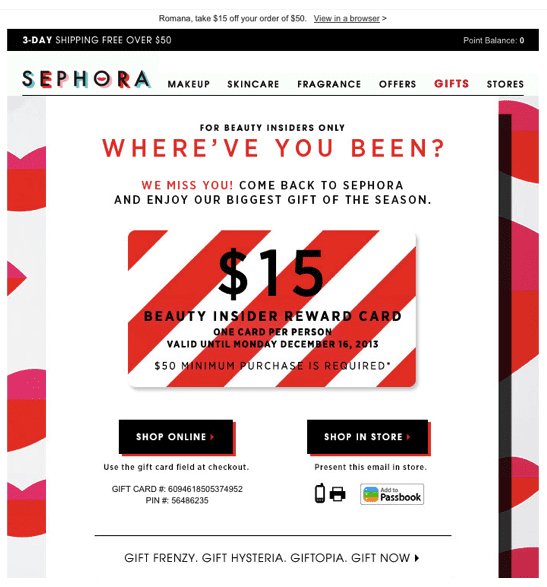
Future of marketing automation
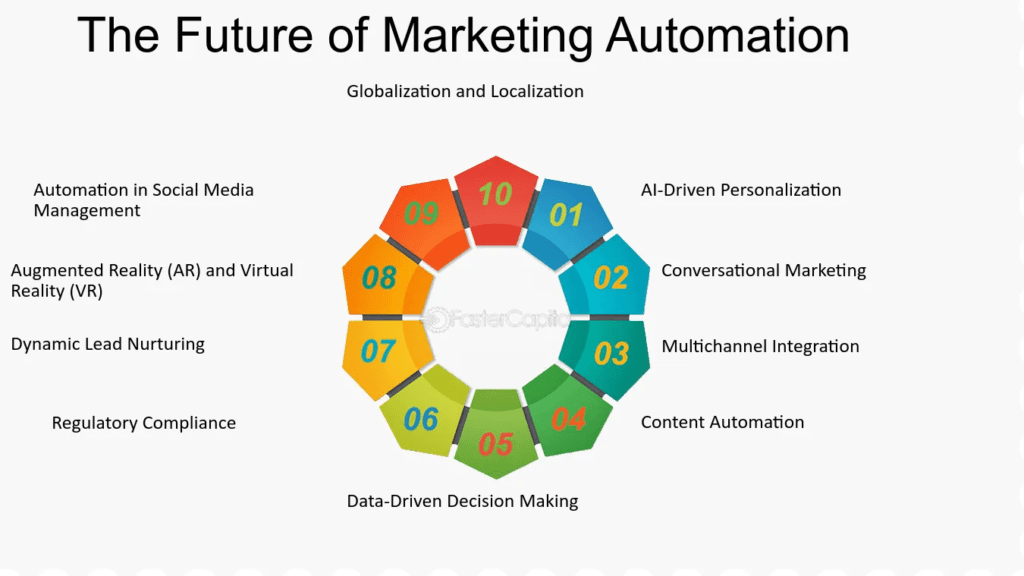
Artificial and machine learning will create the future of marketing automation. This technology helps businesses personalize holidays by predicting customer behavior and tailoring offers in real-time. For example, AI can analyze past shopping habits to estimate what a customer would want during a holiday season.
As AI advances, marketing automation will become much smarter. Businesses will dynamically change their offers according to customers’ changing behaviors. Imagine receiving a holiday email that suggests gifts based on your preferences and includes discounts based on your shopping history!
The business that uses the power of AI marketing automation has the upper hand over its competitors, providing exactly what its customers will want during the holidays.
Conclusion
In conclusion, automation is important during the holiday season since it can effectively boost an e-commerce business’ holiday sales. Brands can use strategies to create meaningful connections with their customers, including automated email campaigns, personalized product recommendations, and social proof automation. AI and machine learning help businesses understand more about the behaviors and preferences of customers to ensure that marketing efforts resonate with the shoppers.
Brands using these automation techniques will stand out in this busy marketplace. Therefore, the right marketing automation strategies will increase sales and build long-term loyal customers in the future.
Subscribe to our weekly newsletter to get crispy CRO tips and marketing strategies that win millions of qualified leads with minimal marketing spend.
FAQs
-
How to use AI to improve e-commerce?
AI is a great tool for e-commerce businesses if used properly. It can segment your target market and help personalize the customer experience. Consumers want offers that suit their tastes and preferences. Brands can effectively use AI to create relevant marketing campaigns because it can use data-driven insights—such as browsing history and previous purchases—to hook customers more effectively.
-
What is the role of AI in eCommerce?
Using customer data such as browsing habits, purchase history, and behavioral triggers enables brands to send the right message at the right time, resulting in holiday sales. With automation, e-commerce businesses can create dynamic and personalized campaigns to stand out during the holiday rush.
-
What is the future of AI in ecommerce?
As AI advances, marketing automation will become much smarter. Businesses will dynamically change their offers according to customers’ changing behaviors. Imagine receiving a holiday email that suggests gifts based on your preferences and includes discounts based on your shopping history!
-
How to use AI for marketing strategy?
Some strategies that brands can use to create meaningful connections with their customers include automated mail campaigns, in which product recommendations are personalized, and social proof automation. AI and machine learning help businesses understand more about customers’ behaviors and preferences to ensure that marketing efforts resonate with shoppers.
-
How is AI used in targeted marketing?
Automation can help businesses send special product recommendations to their customers, making it easier for customers to find their favorite products. For instance, if a customer purchases a jacket from your store, you can email them scarves, jeans, or jewelry that fit well with that jacket. Customers will think about those products, and it can increase the buying rate.
